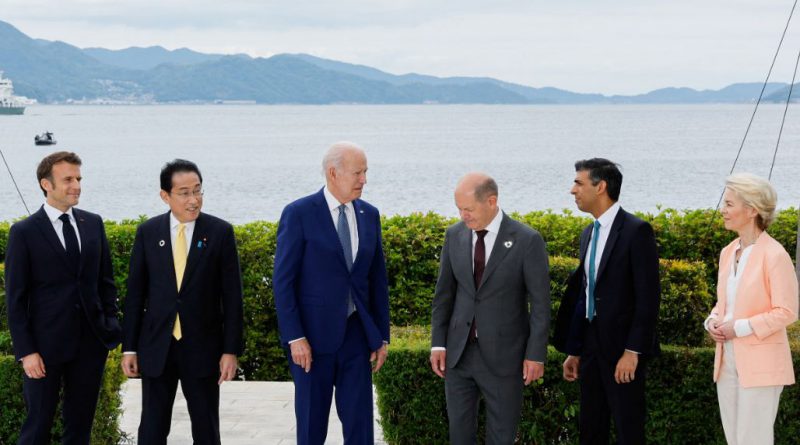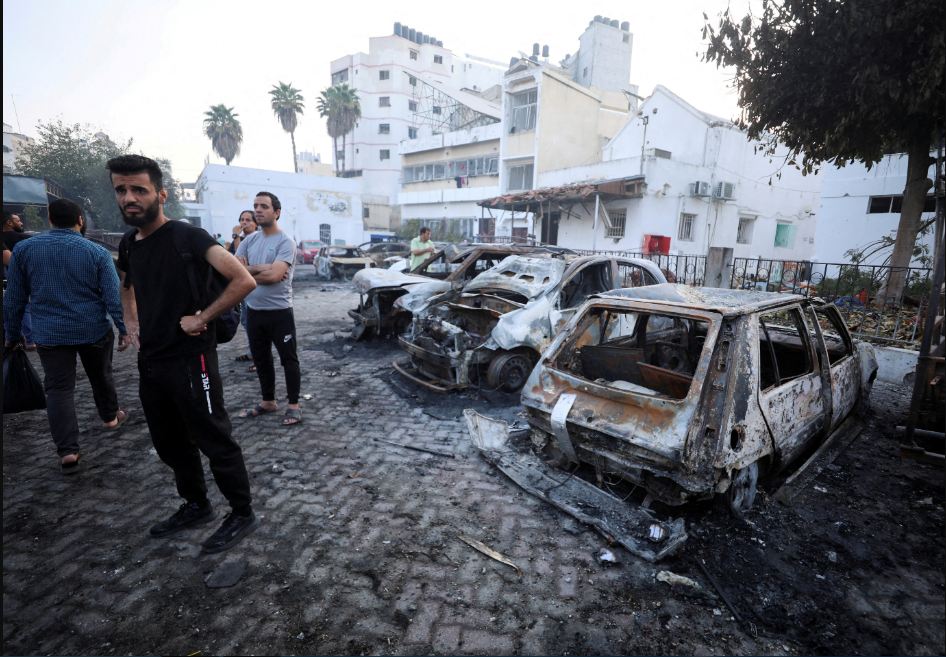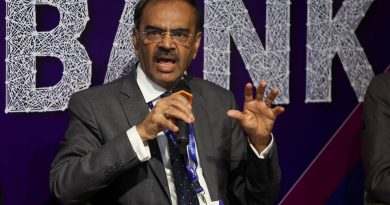G7 aims to rein in risks from China, awaits Zelenskiy
Hiroshima (Reuters) – Leaders from the Group of Seven (G7) nations will outline steps on Saturday aimed at reducing risks from China while preserving economic ties, a day after they agreed to ramp up sanctions against Russia over its invasion of Ukraine.
The heads of government of the world’s richest democracies are grappling with the challenges posed by China and Russia at a three-day summit in the deeply symbolic Japanese city of Hiroshima.
Ukrainian President Volodymyr Zelenskiy is due to arrive in Hiroshima on Saturday to drum up support for his country’s defence effort. His arrival in the world’s first city attacked by an atomic bomb comes as nuclear threats from Russian President Vladimir Putin have unsettled the West.
Russia’s invasion of Ukraine 15 months ago has also sparked fears in host nation Japan, Asia’s only G7 member, that China could take more aggressive action against neighbouring Taiwan, an island Beijing claims as its own.
The G7 nations are looking to “de-risk, not decouple” from China, White House national security adviser Jake Sullivan told reporters in Hiroshima.
The leaders would outline a common set of tools to address economic coercion, including steps to build more resilient supply chains and efforts to protect sensitive technologies through export controls and outbound investment measures, Sullivan said.
In a draft of the final communique seen by Reuters, G7 leaders agreed that China’s status as the world’s second-largest economy meant they had to continue to cooperate.
“We do not seek to thwart China’s economic progress and development,” the leaders said in the draft, which is subject to change.
China has voiced concern that the summit would turn into a “political show” against Beijing. China’s embassy in Tokyo issued a statement on the eve of the summit expressing grave concerns about recent signs of “negative” China-related moves at the G7 meeting.
‘War Is Not An Option’
In Taipei on Saturday, Taiwan’s President Tsai Ing-wen pledged to maintain peace and stability across the Taiwan Strait as China has stepped up military pressure on the island.
“War is not an option. Neither side can unilaterally change the status quo with non-peaceful means,” Tsai said.
Before Zelenskiy’s arrival, the G7 pledged to close loopholes that have allowed Russia to dodge sanctions by importing goods via non-G7 countries. The leaders said they had ensured that Ukraine had budget support through early 2024.
Zelenskiy is to meet separately with Japan’s prime minister and Indian Prime Minister Narendra Modi – a leader who has maintained relations with Russia’s Putin.
U.S. President Joe Biden told G7 leaders on Friday that Washington supports joint allied training programmes for Ukrainian pilots on F-16 fighter jets, in a significant endorsement for Kyiv.
The G7 is composed of the U.S., Japan, Germany, France, Britain, Italy and Canada.



